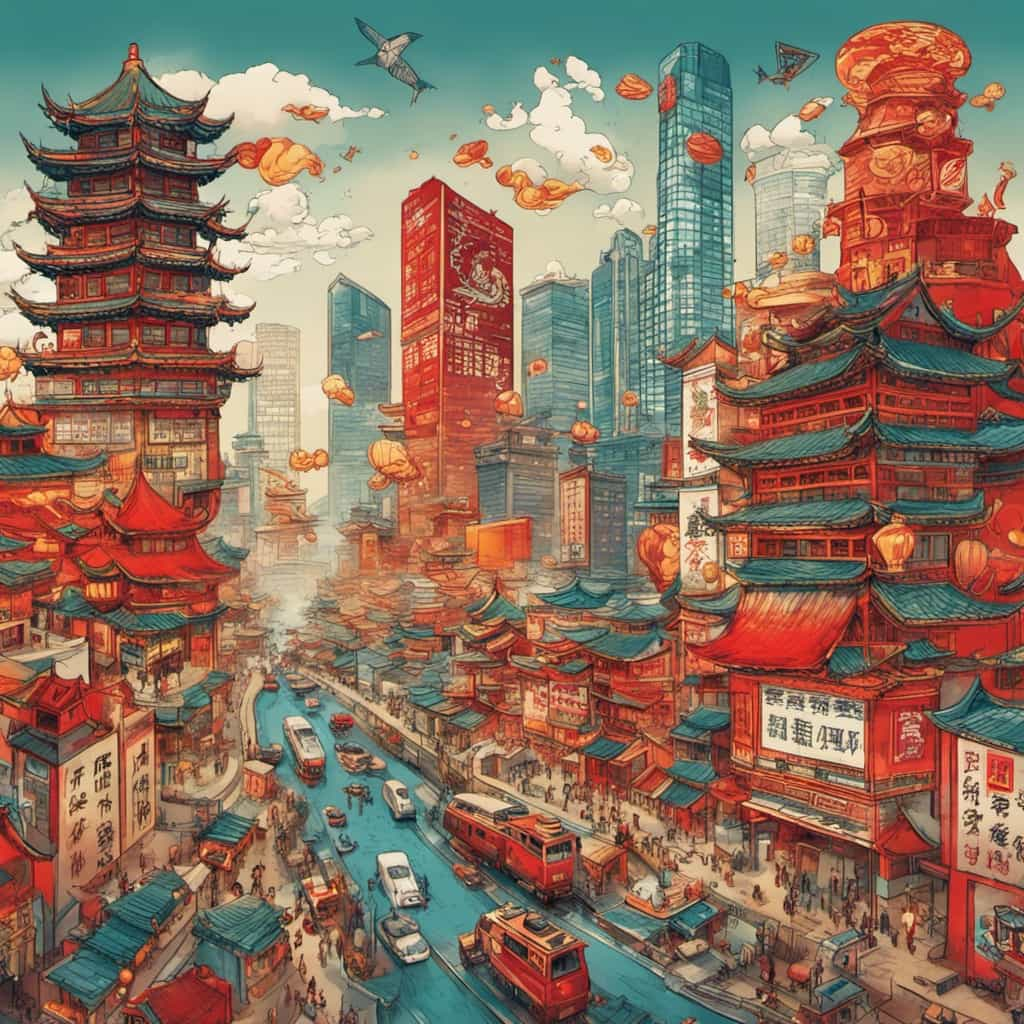In the late 1980’s and early 1990’s, the world witnessed a bubble economy in Japan. Soon after, we experienced the tech bubble here in the U.S. Now people are wondering if there is a real estate bubble. I hate to be the bearer of more bad news on the bubble front, but there’s yet another one on the horizon. The ever-growing Chinese market, a topic which dominated the financial press in 2005, has become overheated, and the consequences could be dire for the global economy.
Back in June 2005, I warned investors that even a mild slowdown in the U.S. economy could send the Chinese economy into a tailspin, possibly throwing one of the world’s largest and fastest-growing economies into a Japan-like deflation.
Why should we care about what happens to China? As New York Times columnist Thomas Friedman put it in his book, the world is now flat. The amusing saying, “What happens in Vegas, stays in Vegas,” doesn’t apply to world economics, especially when it comes to fungible (that is, exchangeable or substitutable) commodities like oil. What happens in China now impacts the rest of the world. Metternich’s old line about Paris sneezing and Europe catching the flu has come true on a global scale.
Unlike the oil crisis of 1970s, the rise in the price of oil to $60 per barrel was caused not by a shortage of supplies, but by increased demand, especially from the fast-growing Chinese economy. According to the Energy Information Administration, in 2004 China became the second-largest consumer of oil after the United States. It was the source of around 40% of the world’s oil demand growth over the past four years, with year-over-year growth of 1 million barrels a day in 2004.
However, the pendulum swings both ways. Just as an increase in demand drove oil prices to all-time highs, its decrease (driven by a slowdown in the Chinese economy) is likely to deflate oil prices below conventionally expected levels. Oil stocks like Chevron(NYSE: CVX), ExxonMobil(NYSE: XOM), ConocoPhillips(NYSE: COP) and many others that were great performers in 2005 are likely to be the first casualties of the bubble pop. Many of the big oil companies are struggling to increase their production, and the price of oil is the wild card that drives their earnings growth.
Most observers can’t imagine a pop in the Chinese bubble — but they felt the same way back in the late 1980s about Japan. Its ultimate collapse led to a fifteen-year recession. Alas, the Chinese government’s close involvement in running its economy complicates matters even further, as it may try to sustain the rapid growth for as long as possible. History (and Japan’s own case) show that the longer the government tries to support ailing companies, the more painful the economic reckoning will be.
The possible deflation in China has serious ramifications for other industrial commodities, including copper and steel, but it goes a lot further than just that. China has become a de facto manufacturer for the world. Industrial production accounts for 53% of its GDP, according to the CIA World Factbook. That’s double the rate of most developed nations. The following chart shows how China compares with the U.S., U.K. and Japan.
(Please follow this link to see the chart)
Chinese economic growth is largely driven by the manufacturing sector; its industrial production is growing at double the rate of GDP. Any company that competes with Chinese rivals in manufacturing will face even greater competition once China is thrown into a deflationary environment, since the incentives to lower prices when fixed costs are high are too great to resist.
China will likely continue to dominate the business pages in the near future. Unfortunately, the stories may not all be so positive.









0 comments